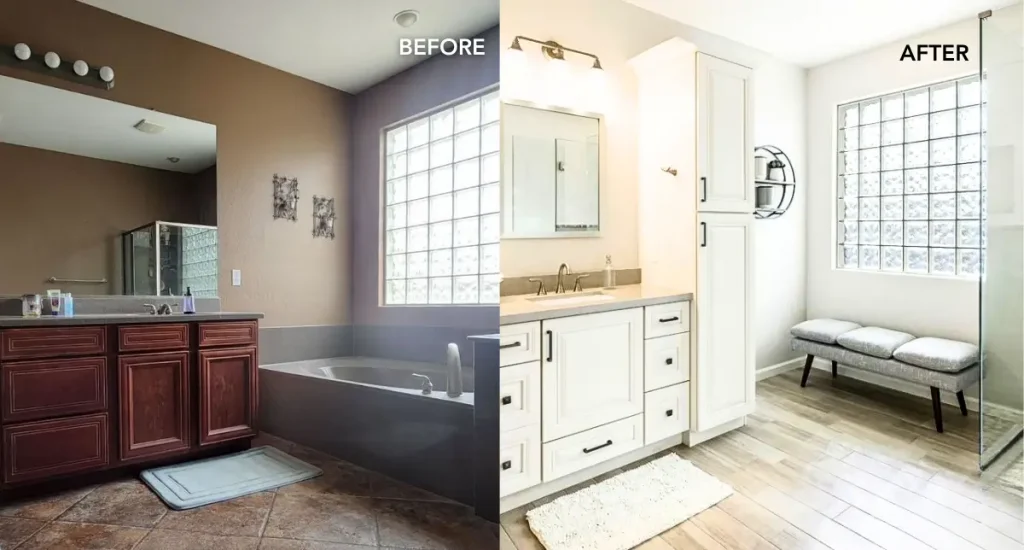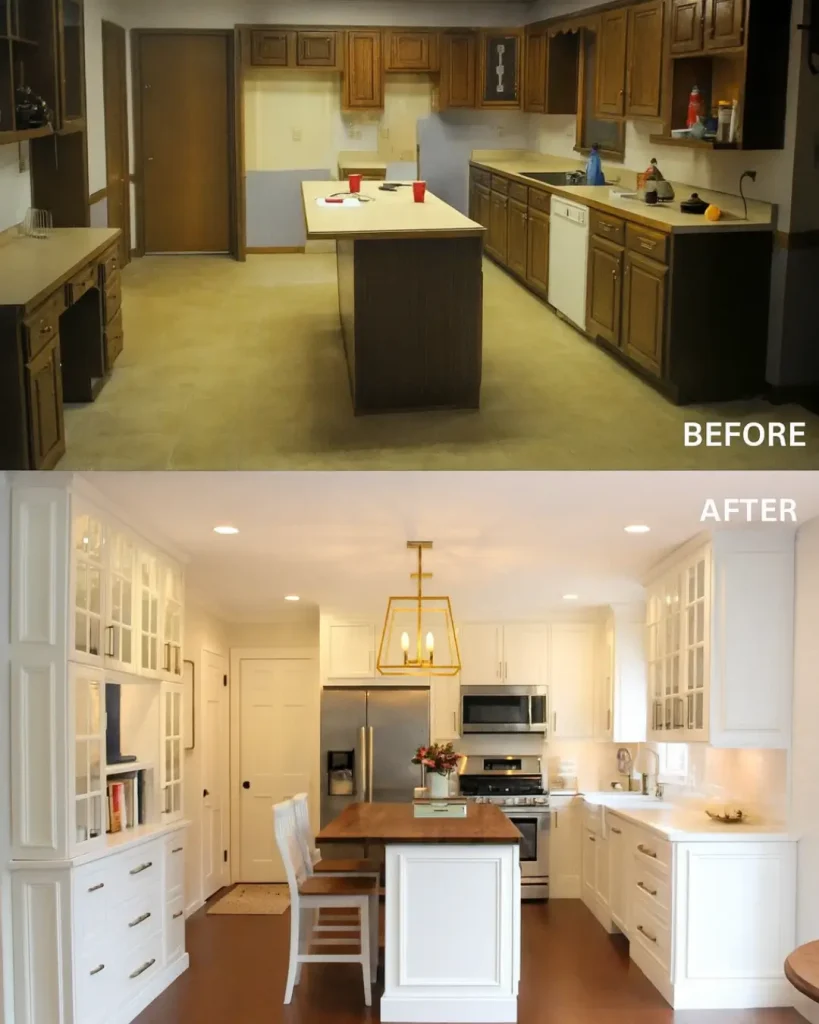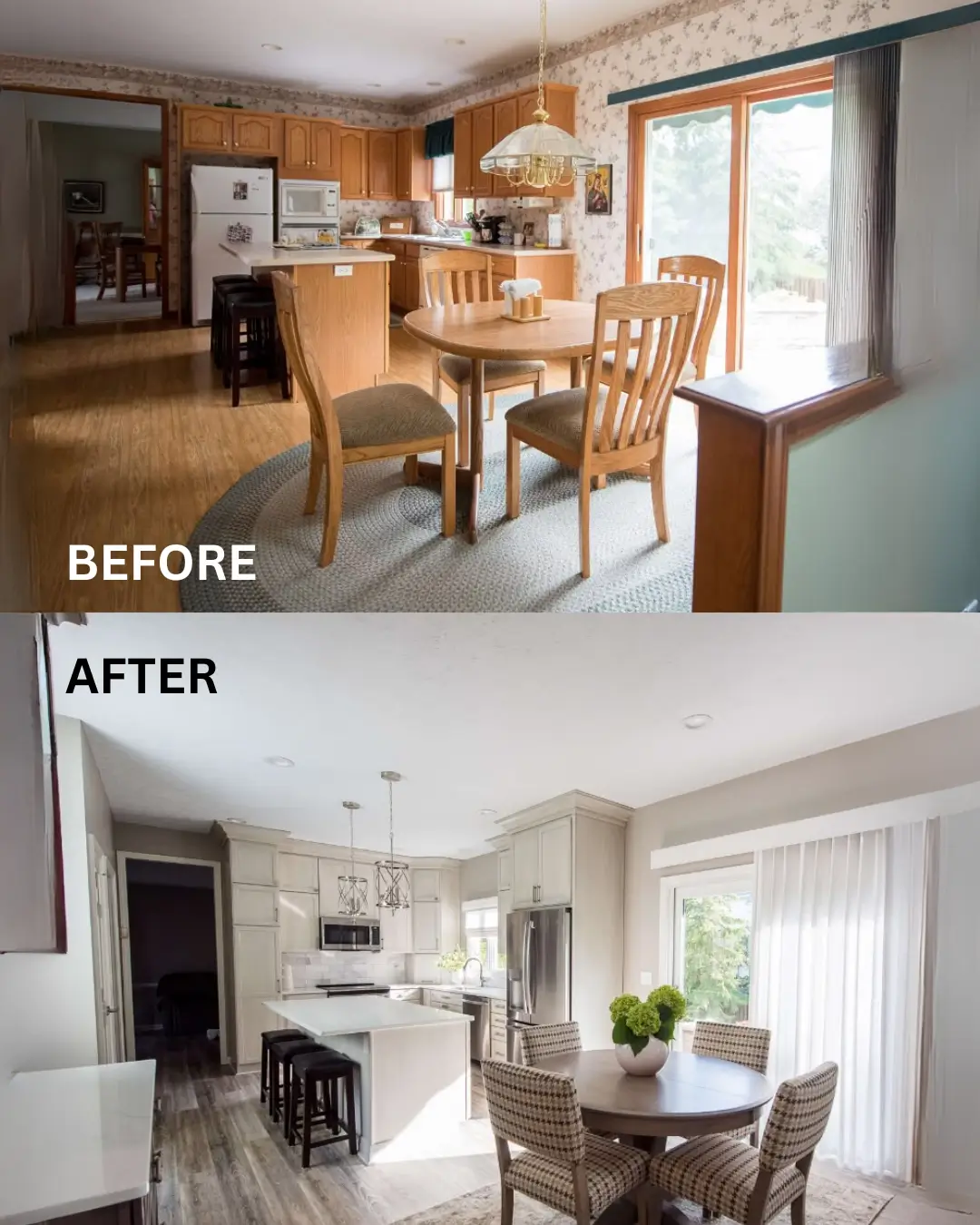What Legal Complexities Should You Know Before Flipping a House in Australia?
House flipping can be an exciting and profitable venture—but in Australia, it comes with its fair share of legal complexities. From property laws and renovation permits to taxation and contracts, navigating the legal landscape is essential to protect your investment and avoid costly mistakes.
At Radevo Living, based in Melbourne, we guide homeowners, investors, and property flippers through the intricacies of legal compliance while helping maximize returns. In this comprehensive guide, we’ll explore all the legal considerations you need to know before, during, and after a house flip in Australia.

Understanding Property Ownership Laws
Before purchasing a property to flip, it’s vital to understand ownership regulations:
Freehold vs. Leasehold
Freehold: You own the property and the land outright. This is the most common and offers full control over renovations.
Leasehold: You own the property for a fixed period, but the land belongs to someone else. This can limit renovation options and resale potential.
Title Searches
Conducting a title search ensures there are no encumbrances, easements, or legal disputes attached to the property. This step is critical to avoid legal complications later.
Local Council Regulations and Permits
Renovations often require approval from local councils. Failure to comply can result in fines or even having to undo the work.
Building Permits
Any structural work (removing walls, extending rooms, adding decks) requires a building permit.
Non-structural cosmetic renovations usually do not need permits, but check with your local council.
Planning Permits
Certain changes may require planning approval, especially in heritage areas or zones with strict planning regulations (common in Melbourne’s inner suburbs).
Examples include extensions, changes to building height, or adding additional dwellings.
Compliance Inspections
Melbourne councils may require inspections during or after renovations to ensure compliance with building codes.
Engaging a licensed builder is essential to meet legal requirements and avoid liability.
Working with Licensed Professionals
Australia has strict regulations on who can perform building work:
Licensed Builders: Mandatory for structural work and major renovations.
Plumbers & Electricians: Must hold valid licenses for any plumbing or electrical work.
Building Surveyors: Can help certify that your work complies with regulations.
Hiring licensed professionals not only ensures legal compliance but also protects your insurance coverage in case of accidents or defects.
Contracts and Agreements
Contracts are the backbone of a legal house flip. They protect both the buyer and seller while clarifying responsibilities.
Sale Contracts
Ensure your purchase contract clearly outlines conditions of sale, inclusions/exclusions, and settlement terms.
Consider including special conditions for property inspection outcomes or permit approvals.
Renovation Contracts
If hiring builders, use detailed contracts specifying scope, timelines, costs, warranties, and dispute resolution methods.
Always include clauses for unexpected work or variations to avoid disputes mid-project.
Insurance Considerations
Homeowners Insurance: Protects the property during renovation.
Builder’s Warranty Insurance: Required for residential building projects in many states if the value exceeds a certain threshold.
Public Liability Insurance: Covers accidents that occur on site.
Taxation Laws and Capital Gains
House flipping in Australia has tax implications, particularly under capital gains tax (CGT) and GST laws:
Capital Gains Tax (CGT)
If you sell a property for profit, CGT may apply if the property is an investment.
CGT is calculated on the difference between the purchase price and sale price, minus allowable deductions such as renovation costs, stamp duty, and professional fees.
Primary residences are often exempt from CGT, but flipped properties rarely qualify for this exemption.
Goods and Services Tax (GST)
GST is usually not payable on resale of existing residential properties, but if you are carrying on a property development business, GST may apply.
Renovations on properties intended for resale may attract GST if supplied as part of a business activity.
Record-Keeping
Keep detailed records of all expenses, invoices, permits, and contracts.
Accurate records are essential for tax compliance and to maximize deductions.
Zoning and Heritage Restrictions
Melbourne and other Australian cities often have zoning rules and heritage overlays that restrict what can be done to a property:
Zoning Restrictions: Determine how a property can be used (residential, mixed-use, commercial) and impact extensions or subdivision potential.
Heritage Listings: Properties in heritage areas may require special permits for external changes, painting, or demolition.
Ignoring these restrictions can result in fines, orders to reverse renovations, or even legal action.
Environmental and Safety Compliance
Property flippers must comply with environmental and occupational safety laws:
Asbestos Management: Older Australian homes may contain asbestos; safe removal is legally required.
Waste Disposal: Renovation waste must be disposed of according to local council rules.
Workplace Health & Safety (WHS): Ensure that any contractors follow safety regulations to avoid liability.
Financing and Legal Implications
Securing finance for house flipping may involve legal considerations:
Mortgage Approval: Lenders may require detailed plans for renovations and potential resale value.
Refinancing: If using equity from an existing property, ensure the loan structure supports the flipping timeline.
Legal Advice: Always seek advice on loan contracts and potential liability.
Selling the Flipped Property Legally
Once renovations are complete, legal compliance continues to matter when selling:
Disclosure Obligations: Australian law requires sellers to disclose known defects, encumbrances, or legal issues affecting the property.
Section 32 Statement (Victoria): Must provide prospective buyers with property details, including title, zoning, and planning restrictions.
Contracts of Sale: Must comply with local laws; using a solicitor or conveyancer is highly recommended.
Failure to meet disclosure requirements can lead to legal disputes, financial penalties, and reputational damage.
Common Legal Pitfalls and How to Avoid Them
Renovating Without Permits: Can result in fines or having to undo work.
Unlicensed Contractors: Creates liability for defects and insurance issues.
Non-Disclosure of Issues: Leads to legal claims post-sale.
Ignoring Tax Obligations: CGT and GST mismanagement can result in penalties.
Tip: Consult legal professionals and licensed builders at every stage to mitigate risk.


Melbourne-Specific Considerations
In Melbourne, specific councils have stringent planning, heritage, and building regulations, especially in suburbs like:
- Toorak
- Brighton
- Hawthorn
- South Yarra
Local knowledge is essential to avoid delays and maximize ROI while staying compliant.
Partnering with Professionals
House flipping legally and successfully often requires a team:
Property Lawyers: Review contracts, permits, and legal compliance.
Licensed Builders & Tradespeople: Ensure construction and renovation work meets codes.
Accountants & Tax Advisors: Optimize tax strategies for CGT and GST.
Real Estate Agents: Advise on market trends, pricing, and sale compliance.
FAQs
Yes. Even internal changes like removing or adding walls often require building permits in Victoria. Radevo handles all permit applications and approvals for you to ensure full compliance.
By ensuring accurate disclosures, council approvals, and warranty documents are included in your Section 32. We guide you through the entire pre-sale legal process to avoid any post-sale complications.
Depending on your intent and frequency, profits may be subject to Capital Gains Tax or income tax. GST may also apply. We connect you with trusted property tax experts to structure your flip for legal and financial efficiency.
Ready to Flip Your Melbourne Property Safely?
At Radevo Living, we guide homeowners and investors through the legal, financial, and practical complexities of house flipping in Melbourne. From planning and renovation permits to tax compliance and sale, we help you flip properties safely, legally, and profitably.







